Check out before these deals are gone!


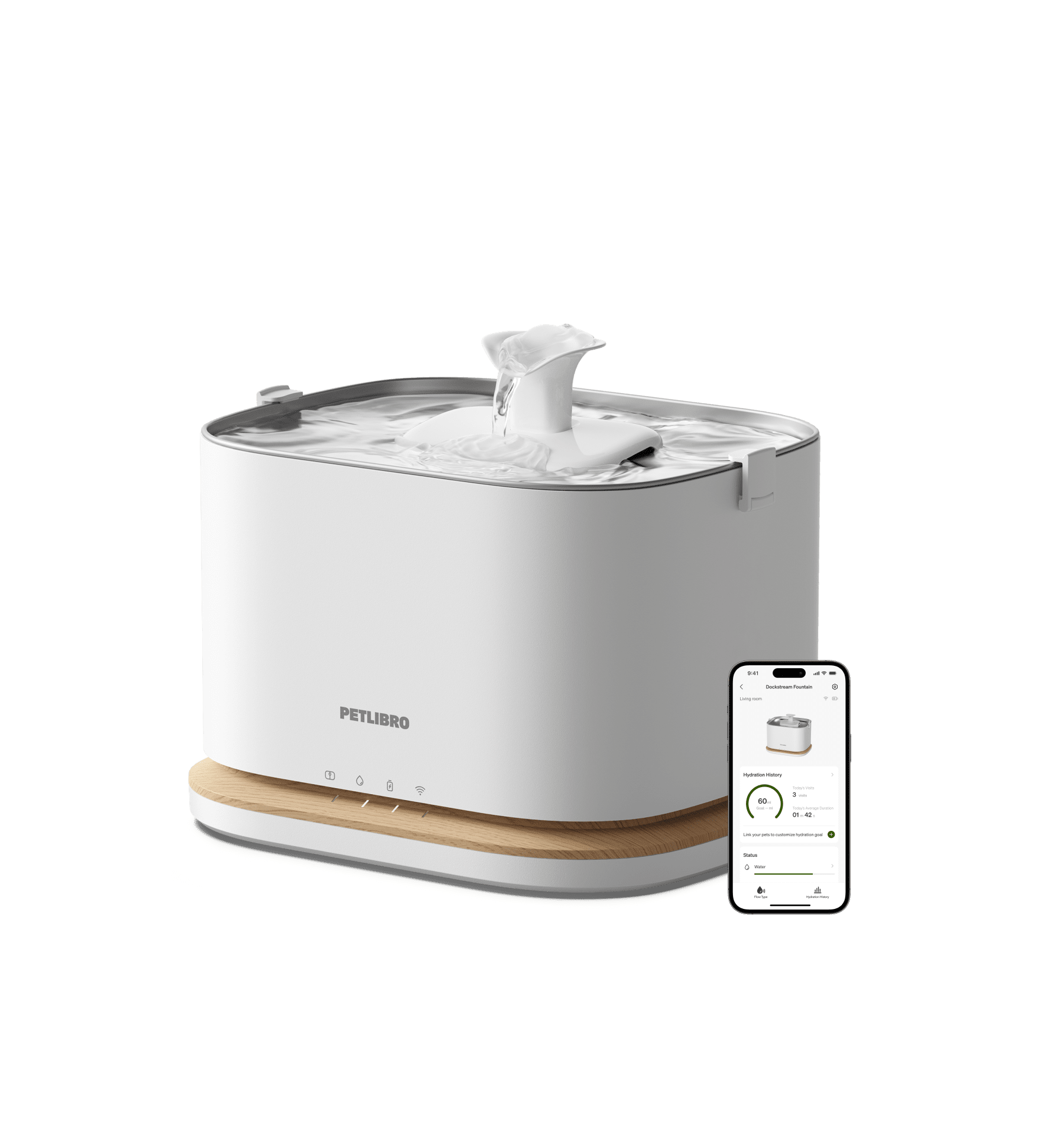
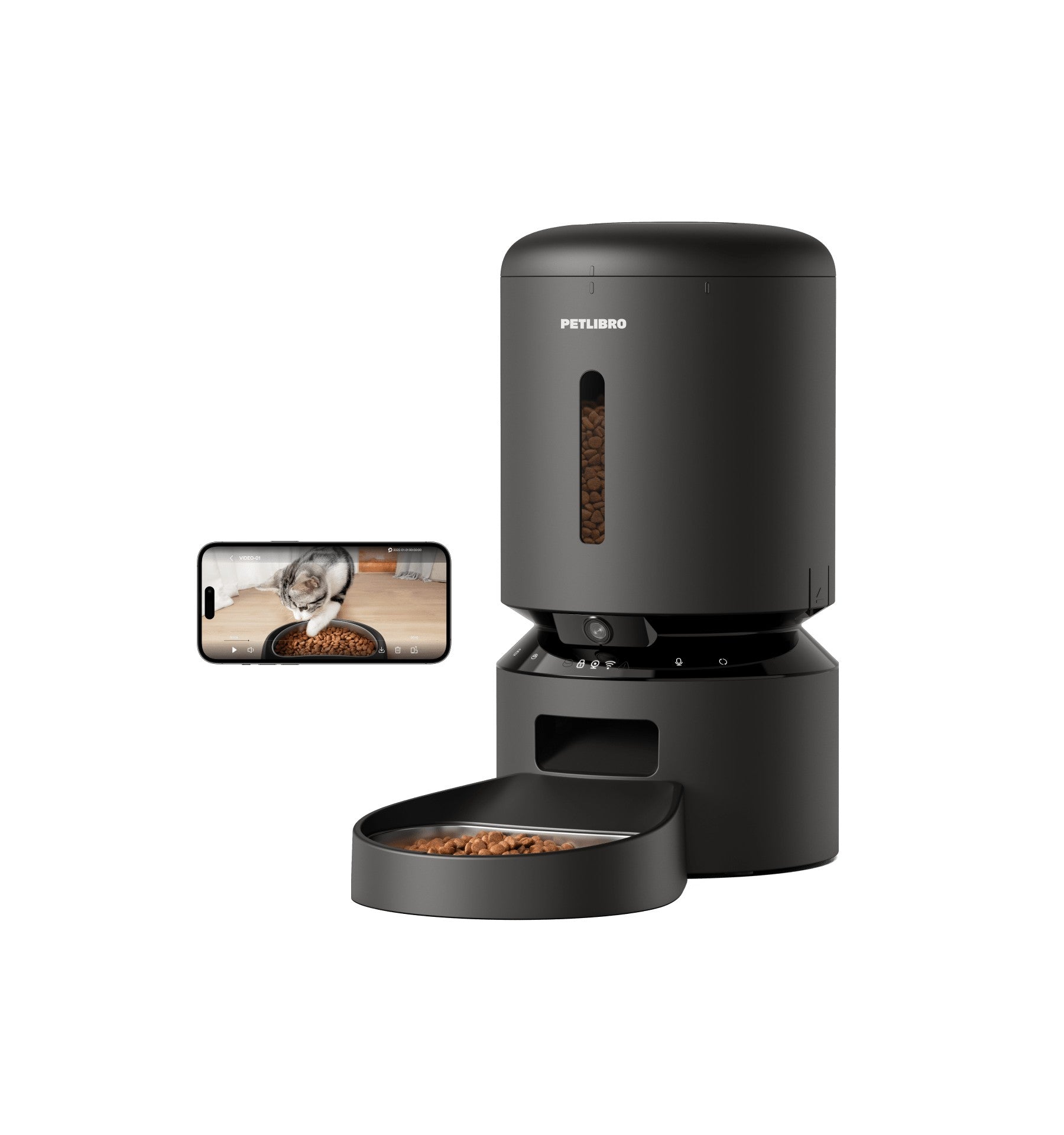
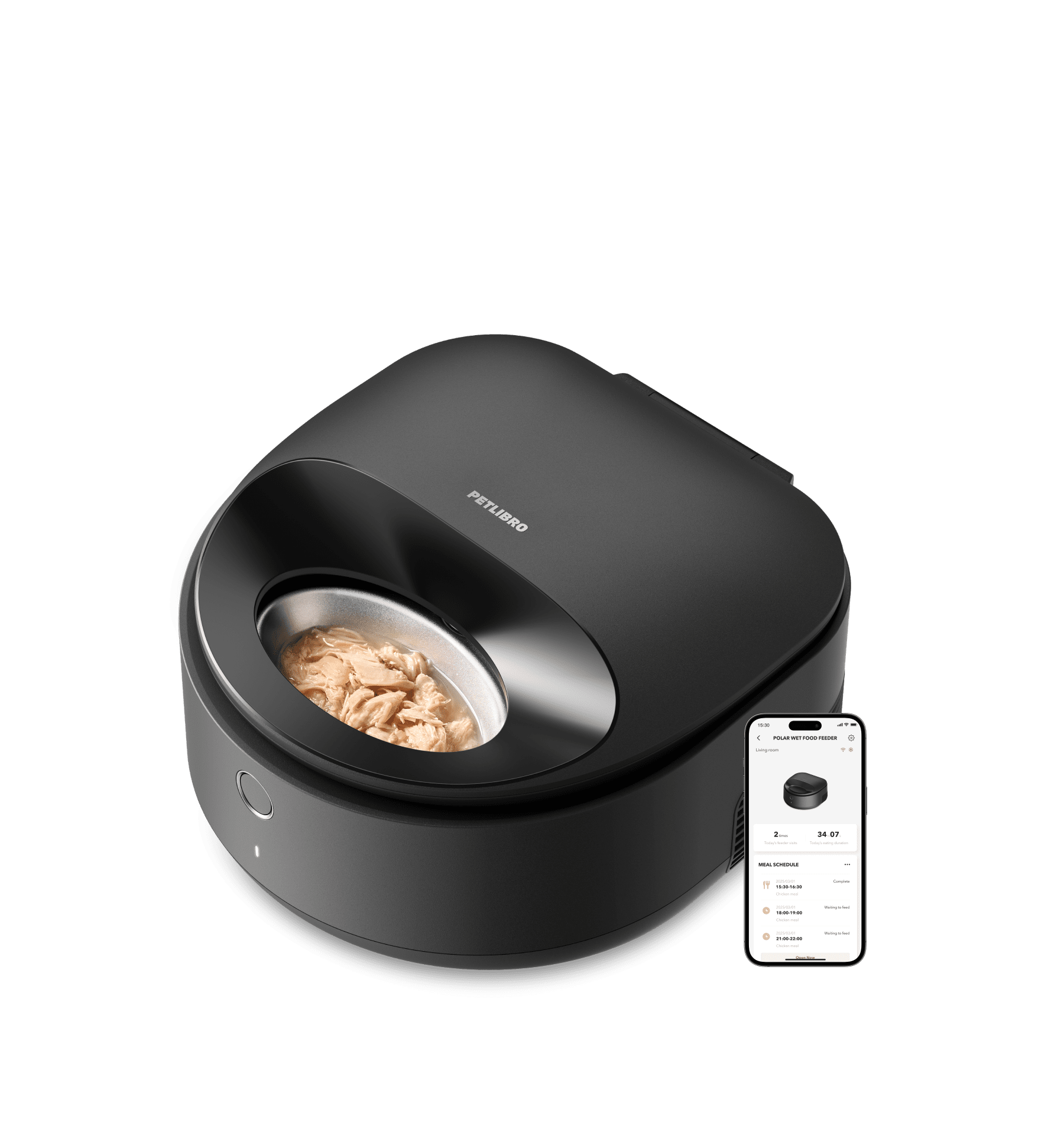
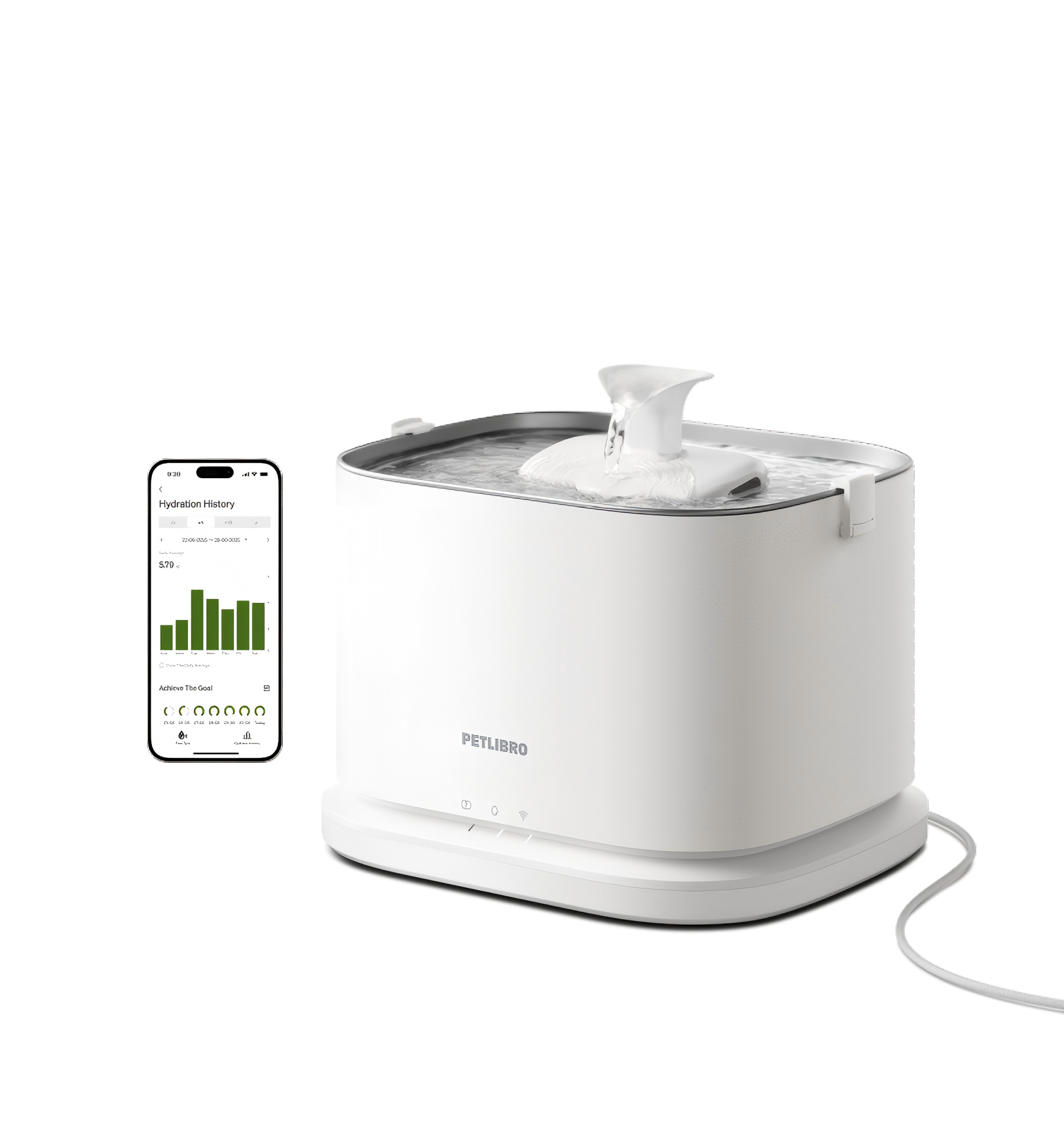
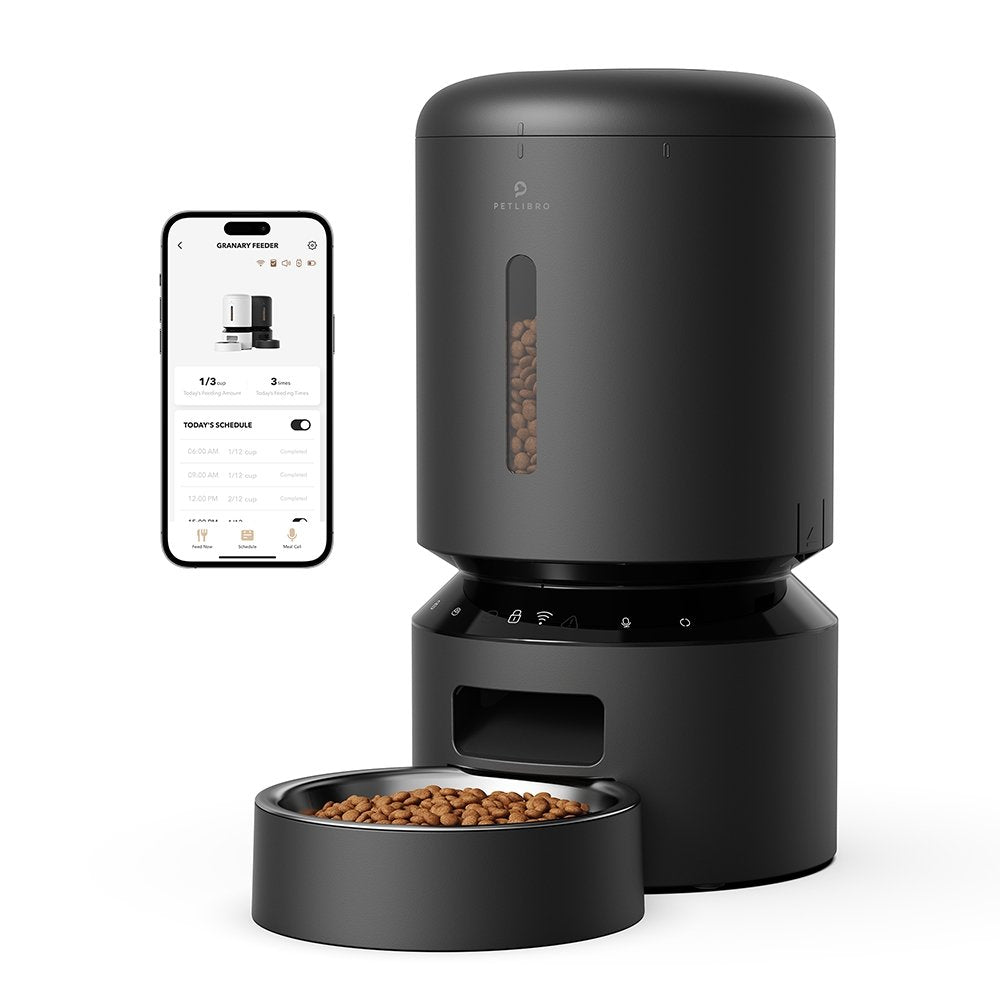
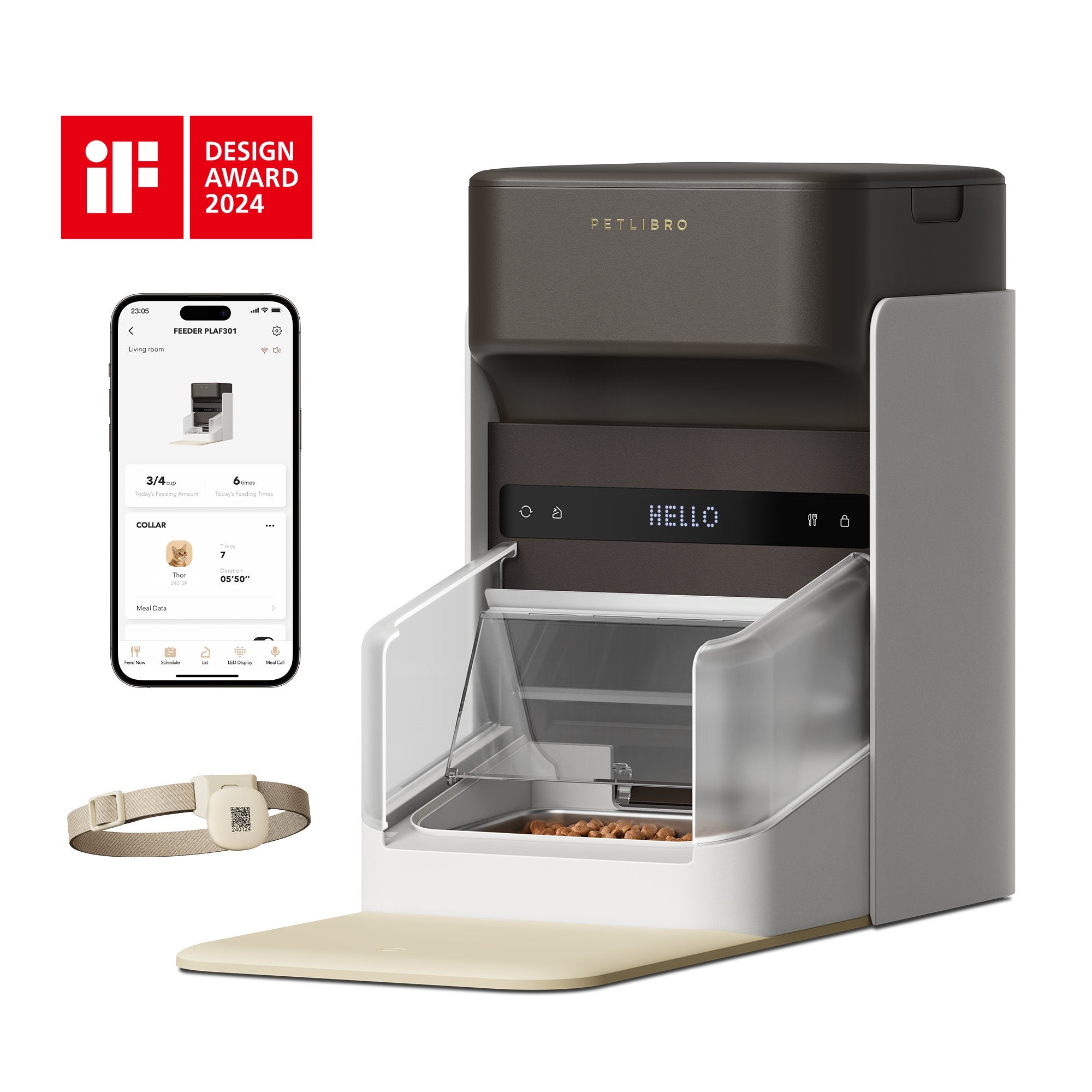
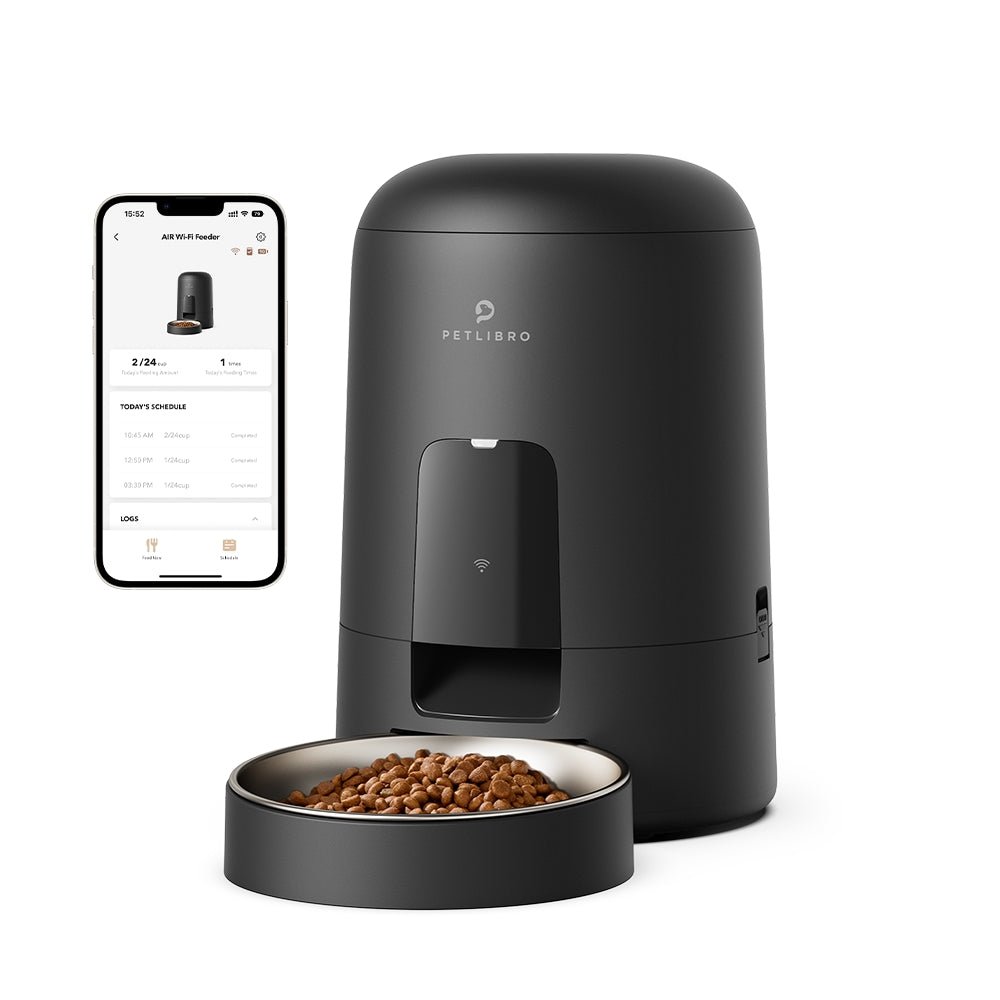


























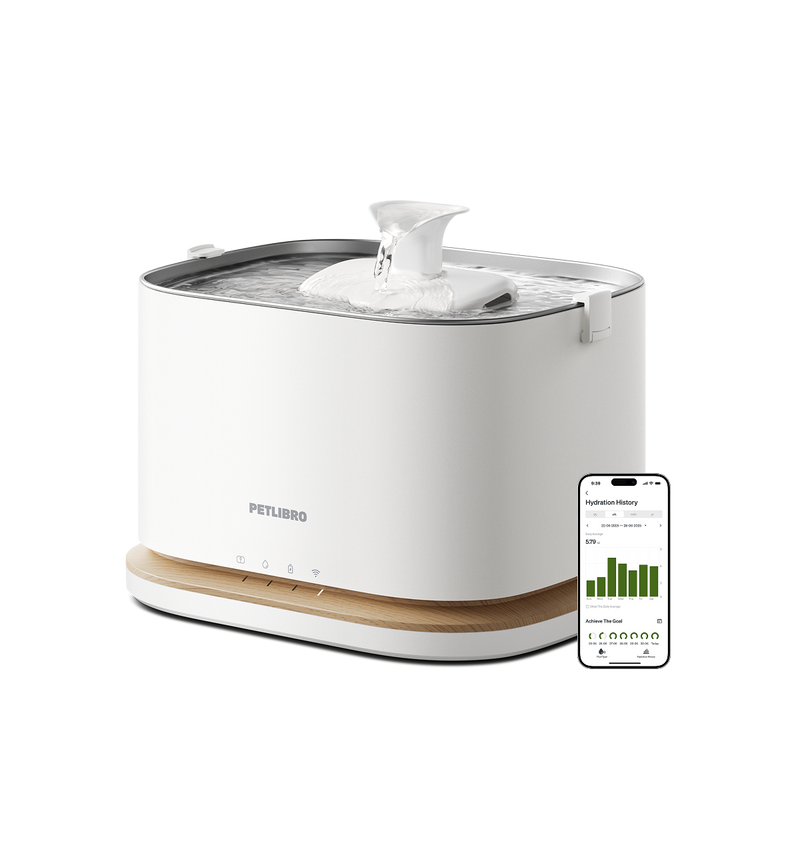
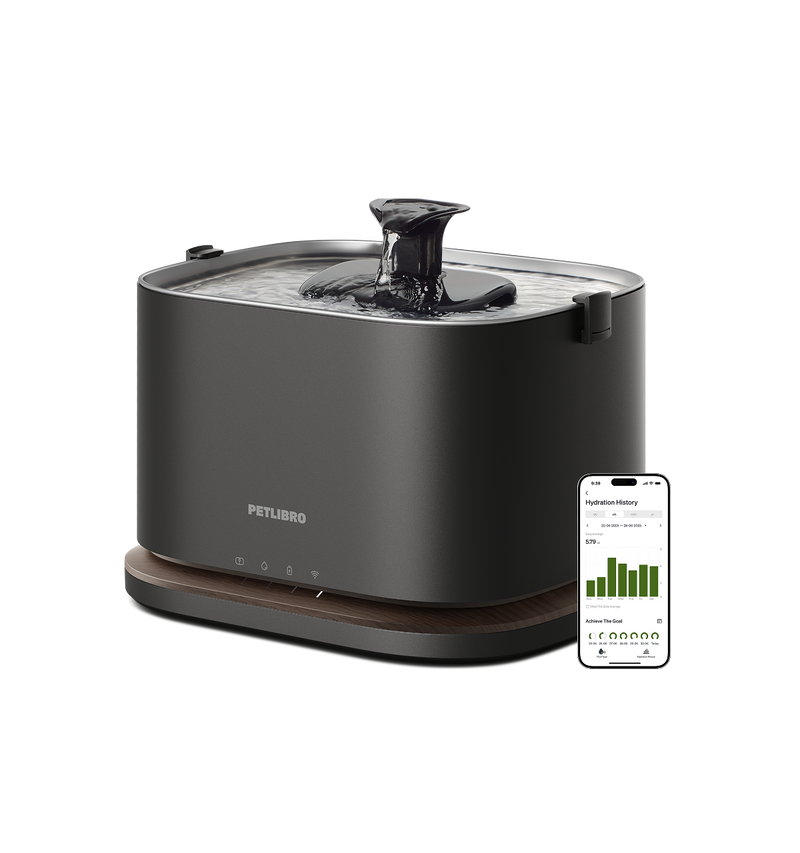
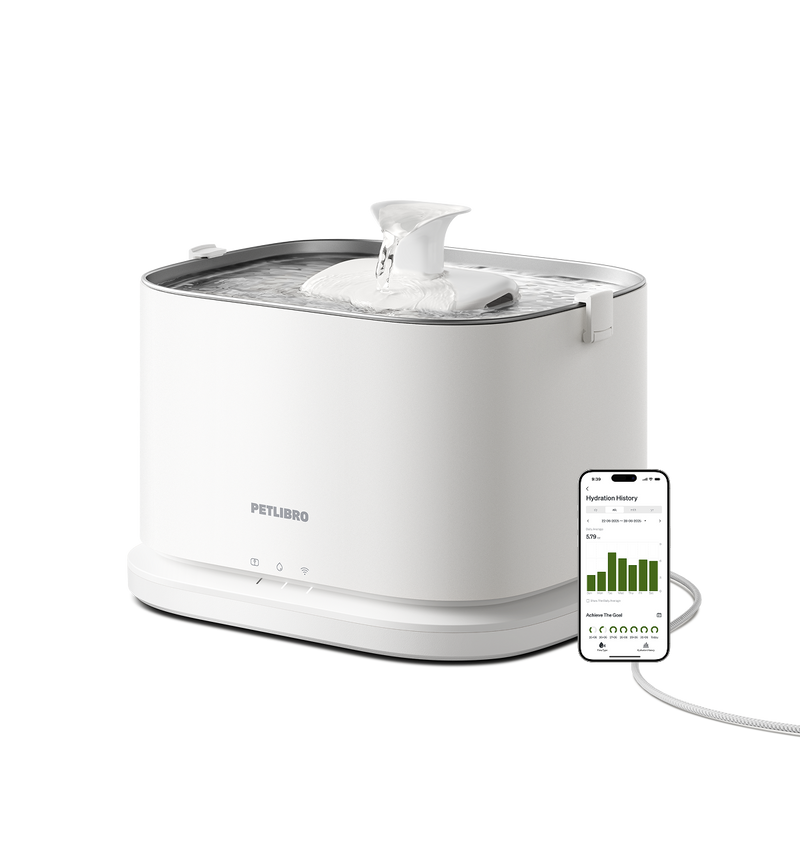
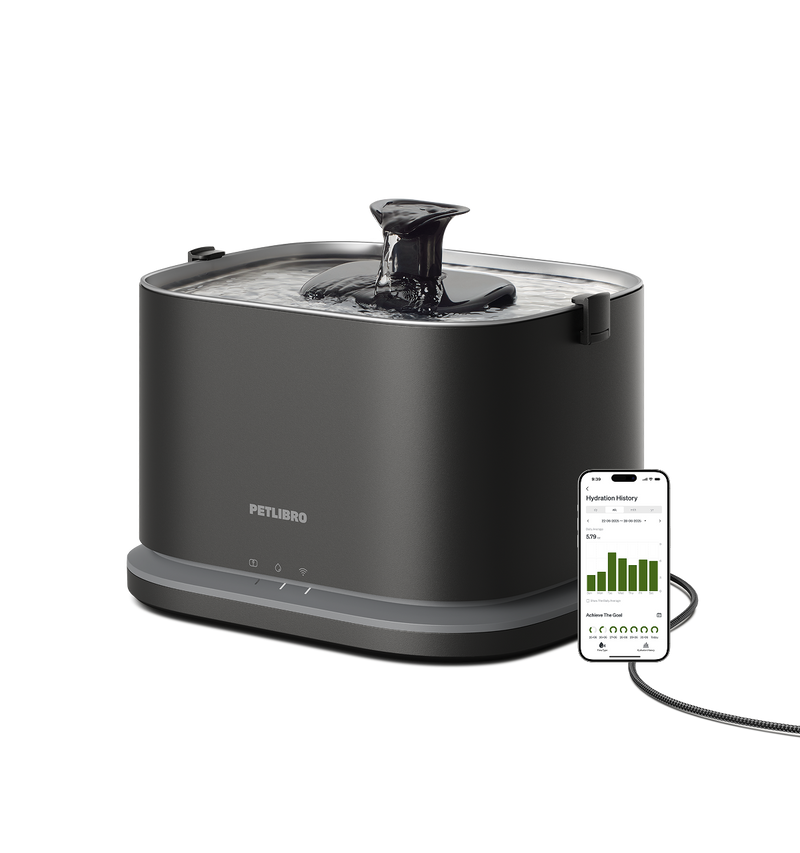






































By subscribing, you agree to receive email marketing from Petlibro. Privacy Policy | Terms of Service


Code is valid for 48 hours for one order only. Code cannot be combined with other codes. Accessories are excluded.
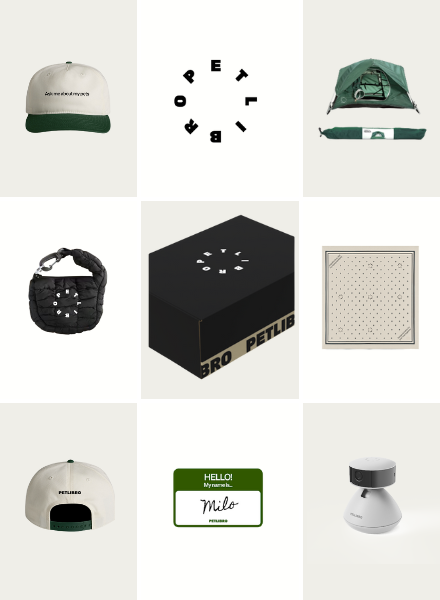
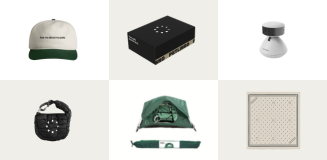
Open to legal U.S. residents, 18 years or older. Void where prohibited. Giveaway begins on 08/26/2025 and ends on 09/15/2025 at midnight PST. Three winners will each receive a limited-edition Petlibro PR Kit, which includes the Scout Smart Camera and select branded merch. Winners will be chosen at random and notified via Instagram or email (depending on entry format) by 09/30/2025. If a winner does not respond within 48 hours, another may be selected. Odds of winning depend on the total number of eligible entries received. Only one email entry per person will be counted, though additional entries may be submitted through the bonus methods described above. Petlibro is not liable for any issues that arise from participation or use of the prize. Personal information will be collected and handled in accordance with our Privacy Policy.


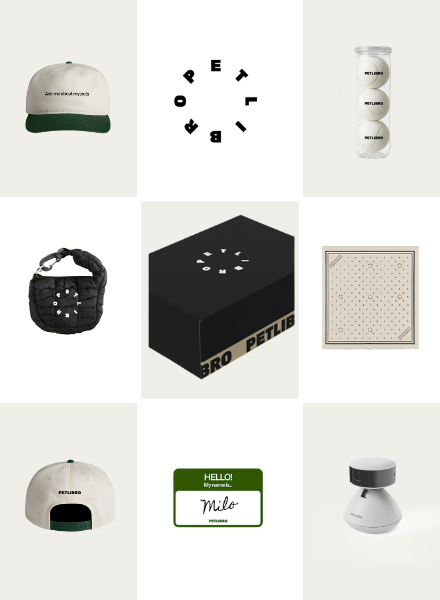
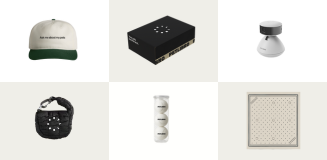
Open to legal U.S. residents, 18 years or older. Void where prohibited. Giveaway begins on 08/26/2025 and ends on 09/15/2025 at midnight PST. Three winners will each receive a limited-edition Petlibro PR Kit, which includes the Scout Smart Camera and select branded merch. Winners will be chosen at random and notified via Instagram or email (depending on entry format) by 09/30/2025. If a winner does not respond within 48 hours, another may be selected. Odds of winning depend on the total number of eligible entries received. Only one email entry per person will be counted, though additional entries may be submitted through the bonus methods described above. Petlibro is not liable for any issues that arise from participation or use of the prize. Personal information will be collected and handled in accordance with our Privacy Policy.


Our pets communicate in many significant ways, and it’s our task to interpret those purrs and paws to provide love, security, and the nutritional needs of our feline companions.
Most cats aren’t known for drinking a lot. A cat consumes moderate amounts of water, much less than a dog, and an average 10-pound cat needs about 7 to 9 ounces of water daily; some of that can come from their wet food.
It's important to notice a cat’s behavior when water consumption changes. It can signal severe health crises like kidney disease, diabetes, and hyperthyroidism. Suffering from a urinary tract infection, cats may also change their routine water consumption.
Here are the telltale signs.
A healthy cat needs a balanced diet and water to support a healthy cell structure and body functions.
All cats need access to fresh water. Every cat has its own normal and how often they visit the water dish. As a rule of thumb, a cat drinks 4 ounces of liquid daily for every 5 pounds of body weight.
Water is instrumental in developing a healthy cat and its immune response. Older cats, cats on a dry cat food diet, or cats with health issues may require more or less water.
An adult cat is made up of 60 to 70% water. When a cat doesn’t consume enough water or excretes too much water, it becomes dehydrated, which can lead to other health concerns.
Your veterinarian is an excellent resource for finding that optimal balance between quality food and your cat drinking enough water.
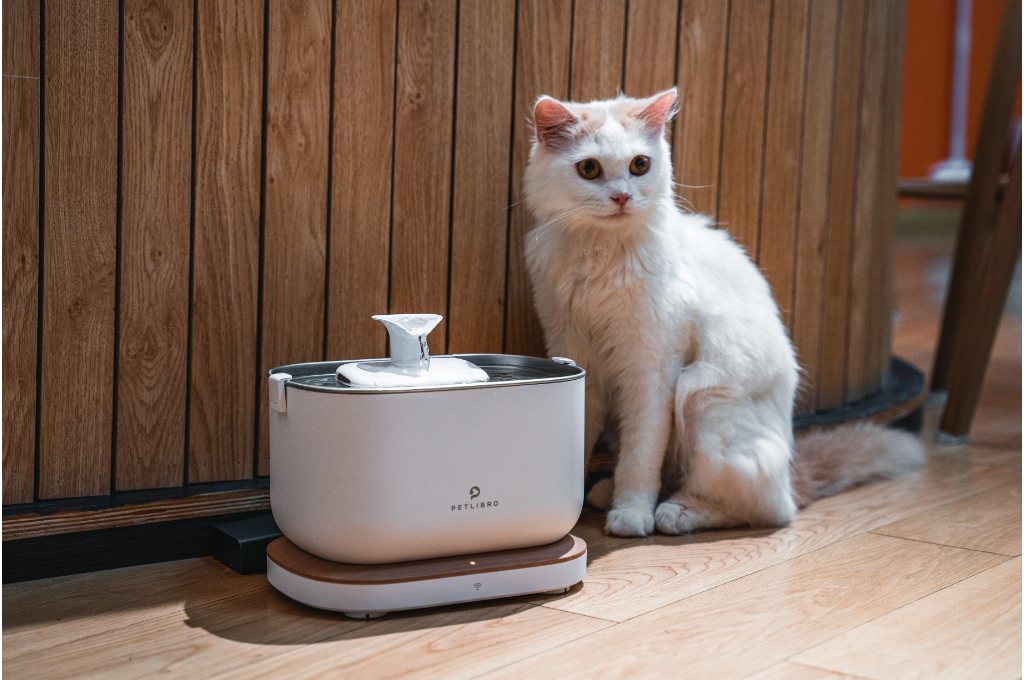
Did you know that our domesticated cat’s cousin, the legendary cheetah, only needs water every 3 to 4 days? A cheetah eats fresh meat and gets enough moisture from its hunting diet. A domestic cat needs our help to meet those water intake needs by providing a nutritionally balanced diet from wet or dry kibble and clean water.
One of the best ways to ensure your cat's water intake is sufficient is to monitor your cat’s habits.
A healthy cat’s water requirements can be impacted by:
A great way to measure your cat’s water habit is by using a measuring cup to fill their water bowl. Cats, however, may be drinking from a dripping tap since they prefer fresh water. If you use an automated watering dish, monitor the water level accurately.
The World Animal Foundation believes that an automatic litter box can help cats and pet owners by removing waste efficiently. Our felines are finicky about using a clean litter box device, just as they’re fussy about what they consume.

Knowing your cat’s needs is the best method to monitor its excessive water intake and to treat the problem with urine tests and watching for increased thirst and increased urination.
Dehydration can lead to an underlying problem for cats. Significant loss of fluids from health-related issues is preventable if we know our felines.
Kidneys are vital organs, and when they become damaged, your cat will experience significant signs like frequent urination and increased thirst. Chronic kidney disease in cats occurs in 1 to 3% of cats. Liver and kidney disease can be a sign of cancer, tumors, other diseases, or part of our beloved cats aging. These kidney conditions can be chronic or acute.
Acute kidney failure is a sudden onset of an infection or from digesting a harmful substance. Chronic kidney failure takes time to develop from infections or tumors.
Male cats are more likely to develop urinary tract infections, but it can also affect your female kitty. Your cat may suddenly drink more water and urinate more frequently or be unable to urinate as usual. Knowing our feline companions and their habits is very helpful in establishing the most common causes.
A trip to the vet clinic is essential when you notice your cat developing unusual habits like:
Your vet will treat the condition’s cause with antibiotics or by removing an obstruction. A different diet, like canned food, may alleviate the problem in some cases. Untreated UTIs can lead to kidney failure or a ruptured bladder. Before using home remedies, please consult your vet for the right treatment.
Diabetes is not uncommon in cats. An estimated 0.5% of cats develop diabetes mellitus, where the cats can’t produce sufficient insulin. Obese cats and poor-quality food increase the risk of diabetes. Senior cats also have a higher risk, and a regular vet visit helps establish parameters and protect your cat.
Insulin is essential for a healthy body response and helps blood sugar move through a cat’s liver, muscle, and fat and create energy. If there’s a malfunction, the insulin builds up and has nowhere to go but out through the urine, taking water out. Your cat will compensate for this water loss by having an increased thirst.
Diabetes in cats is treated successfully with insulin injections or tablets.
As many as 11% of our senior cats develop hyperthyroidism. A thyroid gland is essential for growth, metabolism, and brain function. In hyperthyroidism, the gland produces an abundance of thyroid hormone and impacts the metabolic rate, which affects the brain and increases thirst. The hormone also affects the antidiuretic hormone (ADH), increasing water output and thirst.
Liver disease can affect our cats through a virus, bacteria, fungus, or parasite and inflammatory or cancerous influences.

Cats are unique creatures with unique needs. Our role in promoting quality lives is to balance proper nutritional needs and encourage them to drink water when the situation warrants it.
Here are some helpful tips your cat will appreciate:
Other factors can affect the normal thirst and urination cycle of a cat. Working with your veterinarian is the best solution, but being cognizant of your kitty’s water consumption and urination habits is peace of mind and promotes cat vitality.
Medications like steroids, phenobarbitals, and diuretics will play a role in a cat’s water and urination needs. If a cat is diagnosed with hypercalcemia, it produces too much calcium, and the ADH interrupts the kidney function, causing it to urinate and replenish with more water.
Another lesser-known condition is pyometra, which is an infection of the uterus for unspayed cats.
Cancer in felines also influences the delicate balance of too much water and not enough.
Cats that eat wet food may be drinking a lot less than cats raised on dry food. Look for clues like increased appetite, trouble urinating, increased thirst, or changes in a cat's body, like weight loss or gain, as an underlying cause or other signs of health.
You know your cat best, but when in doubt, have a professional check it out.
This article is provided by World Animal Foundation.
